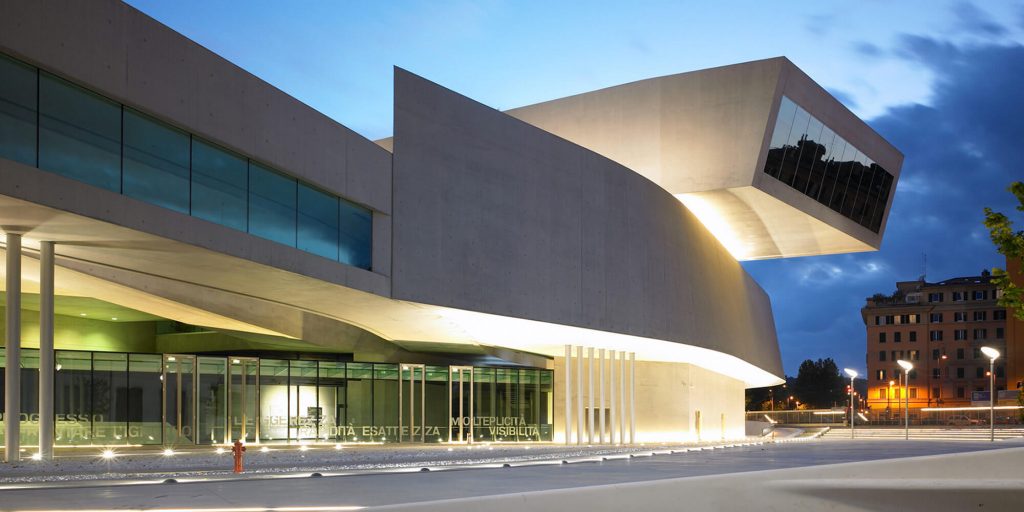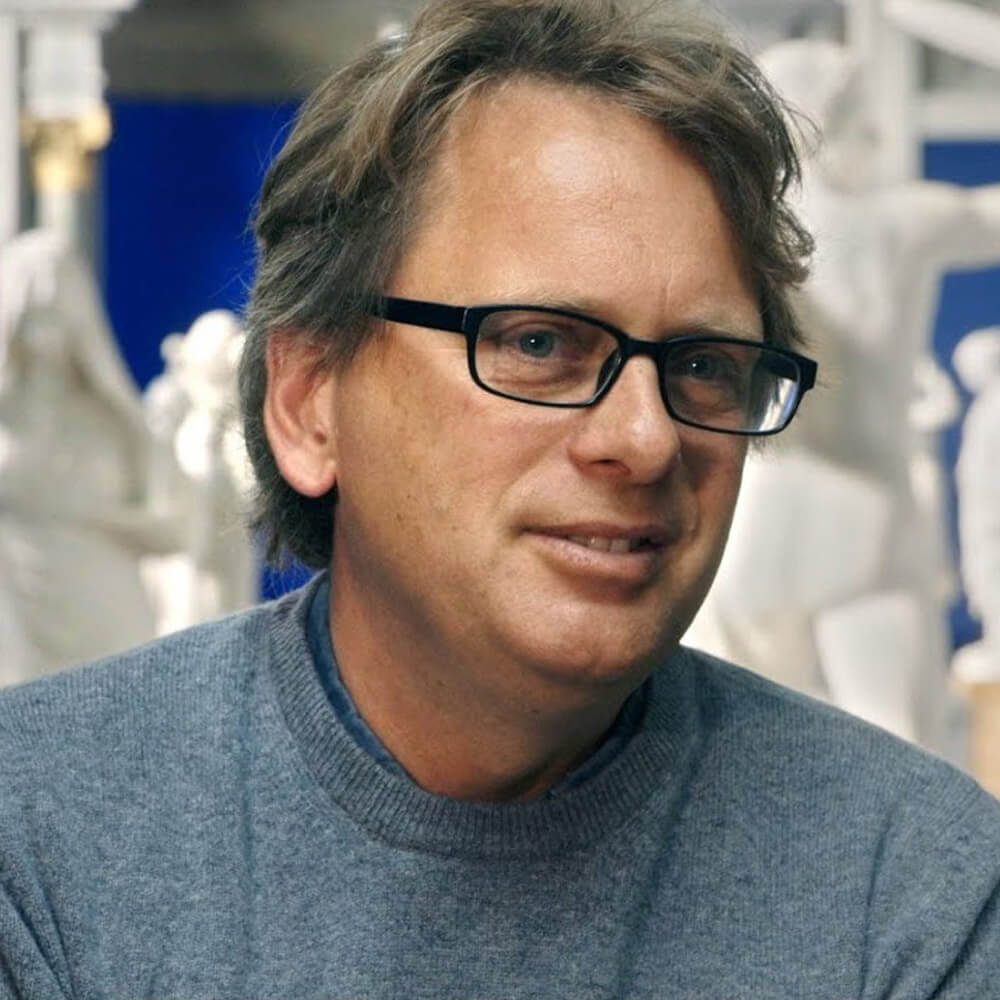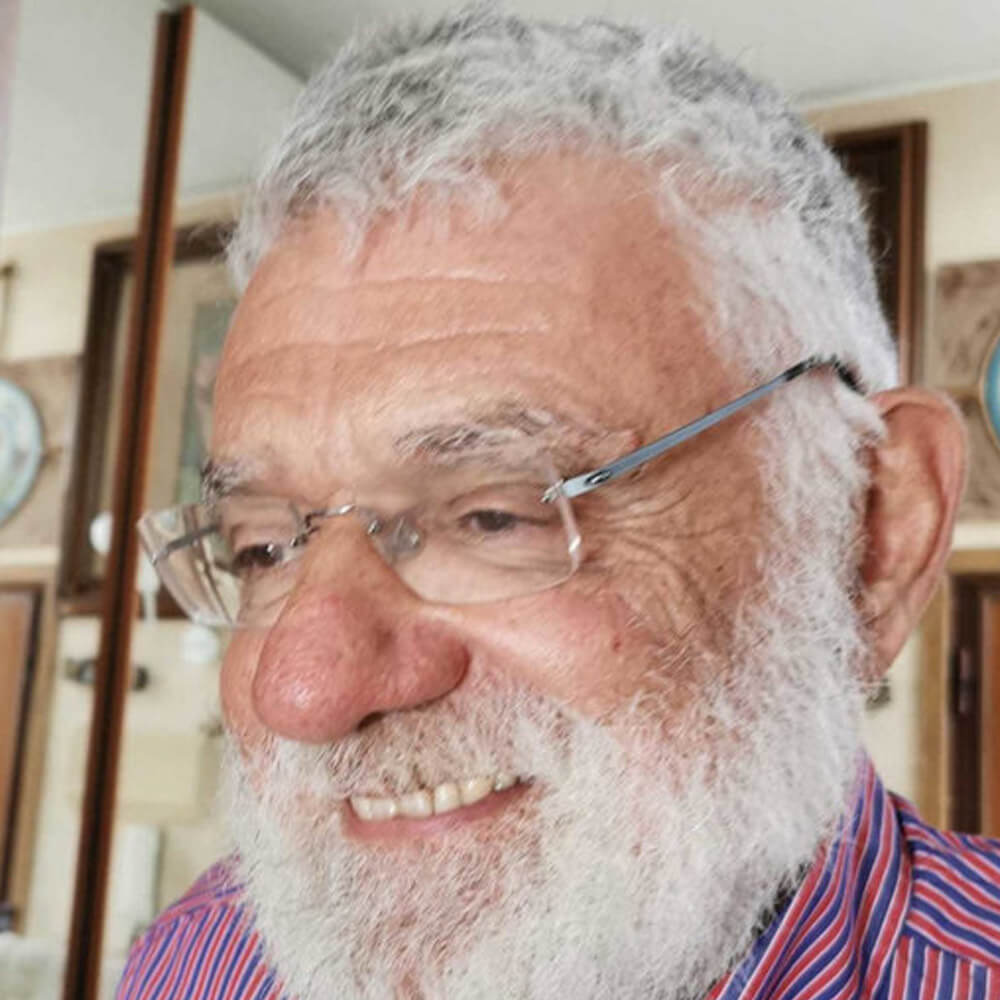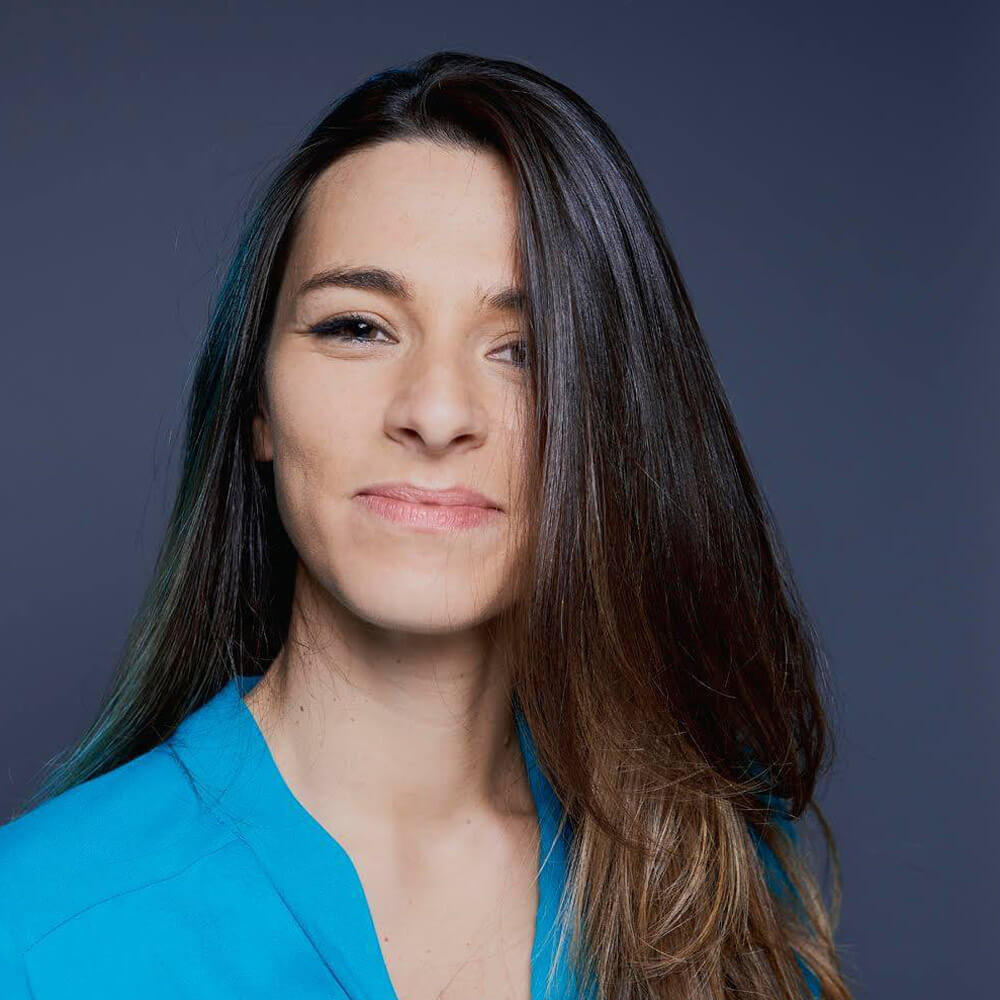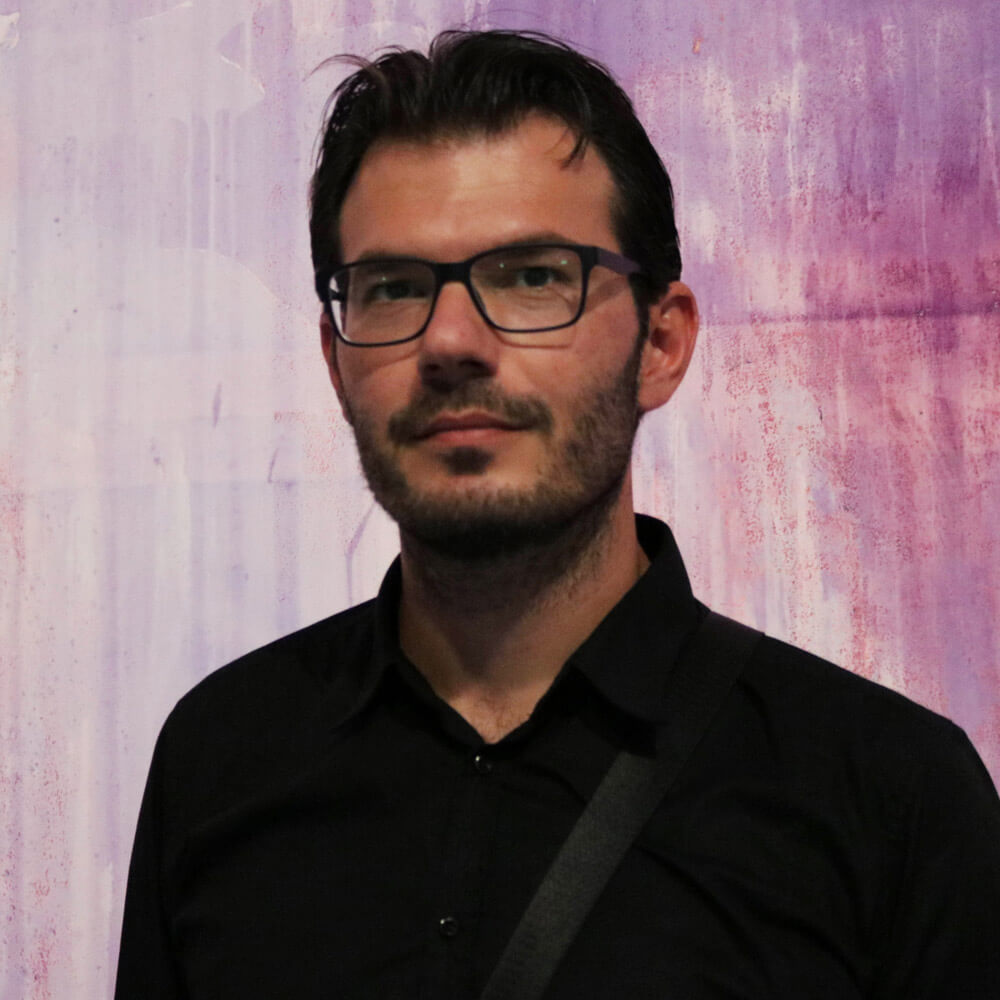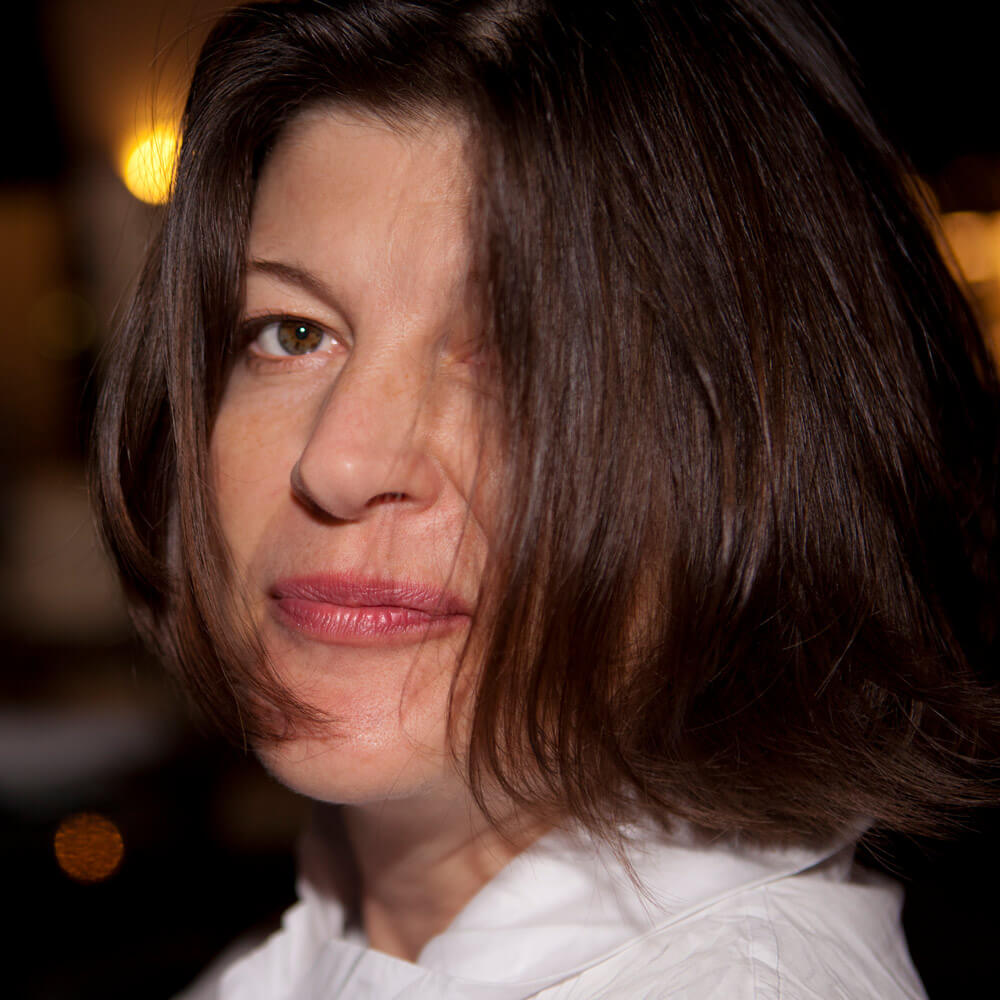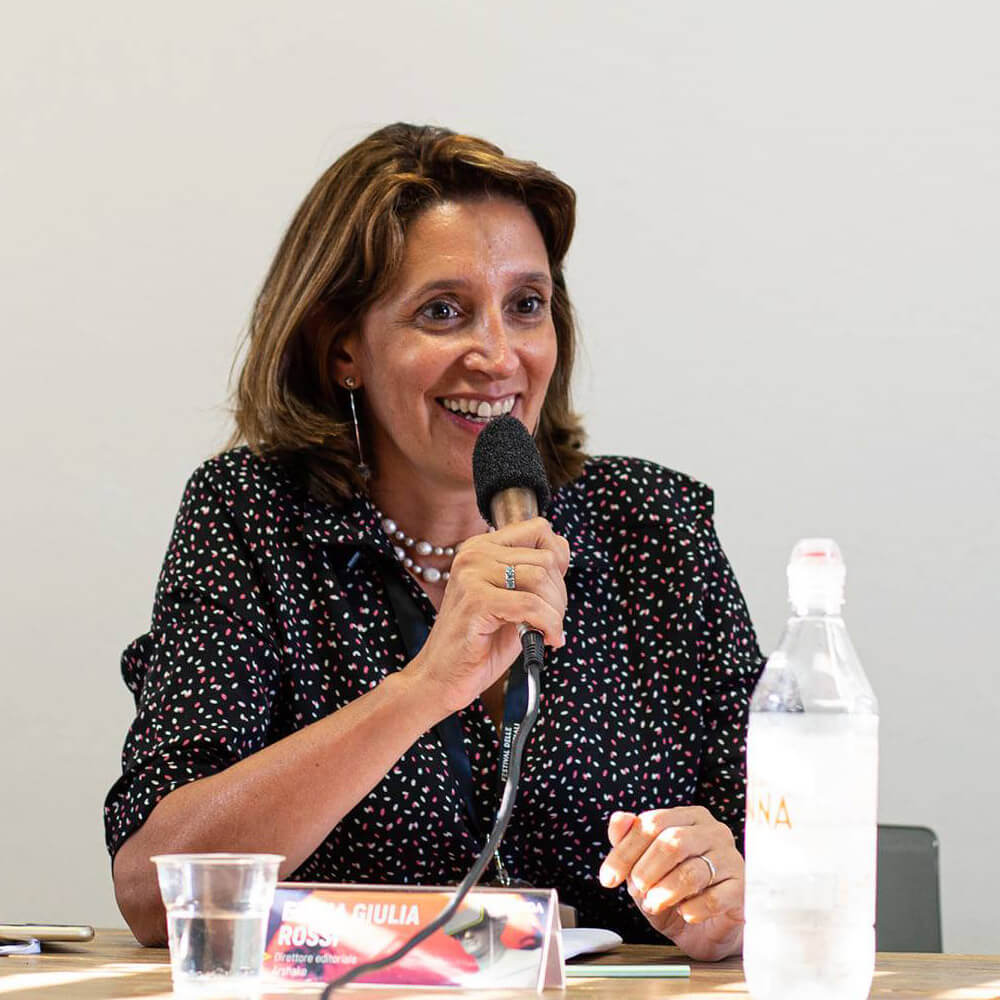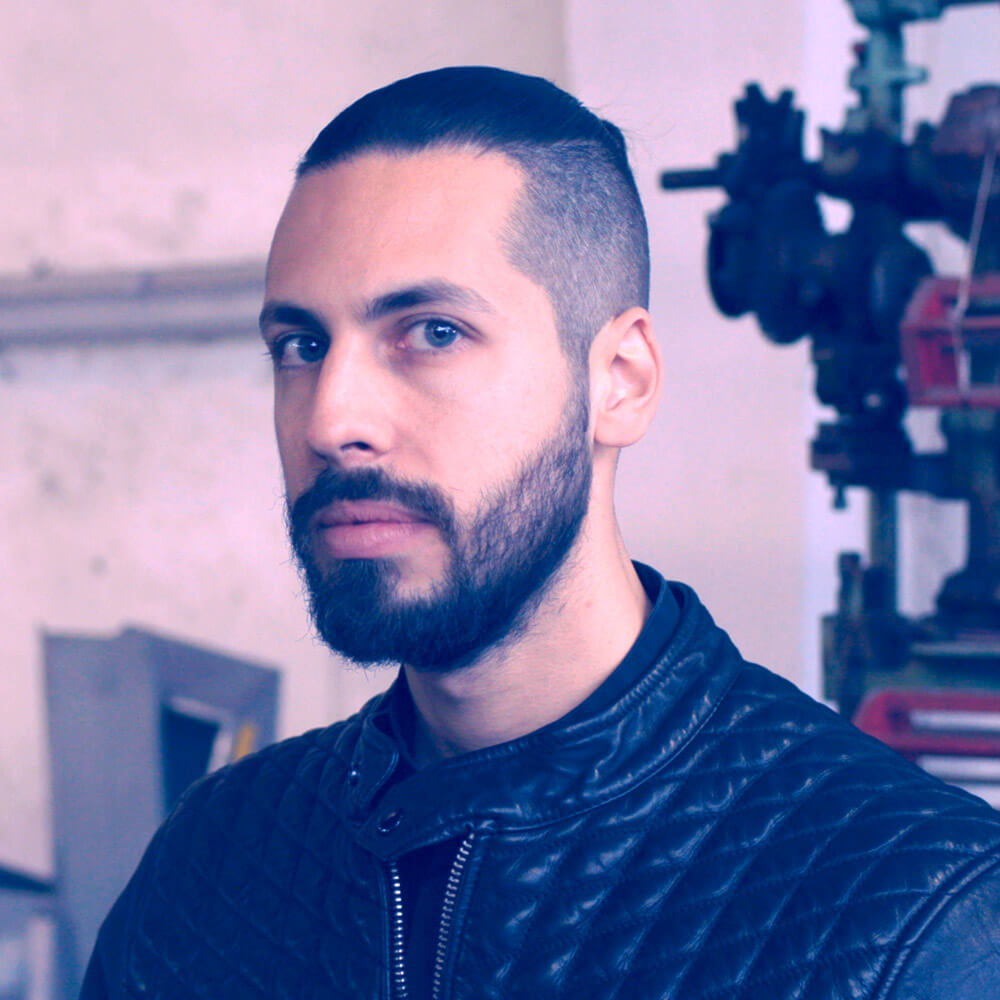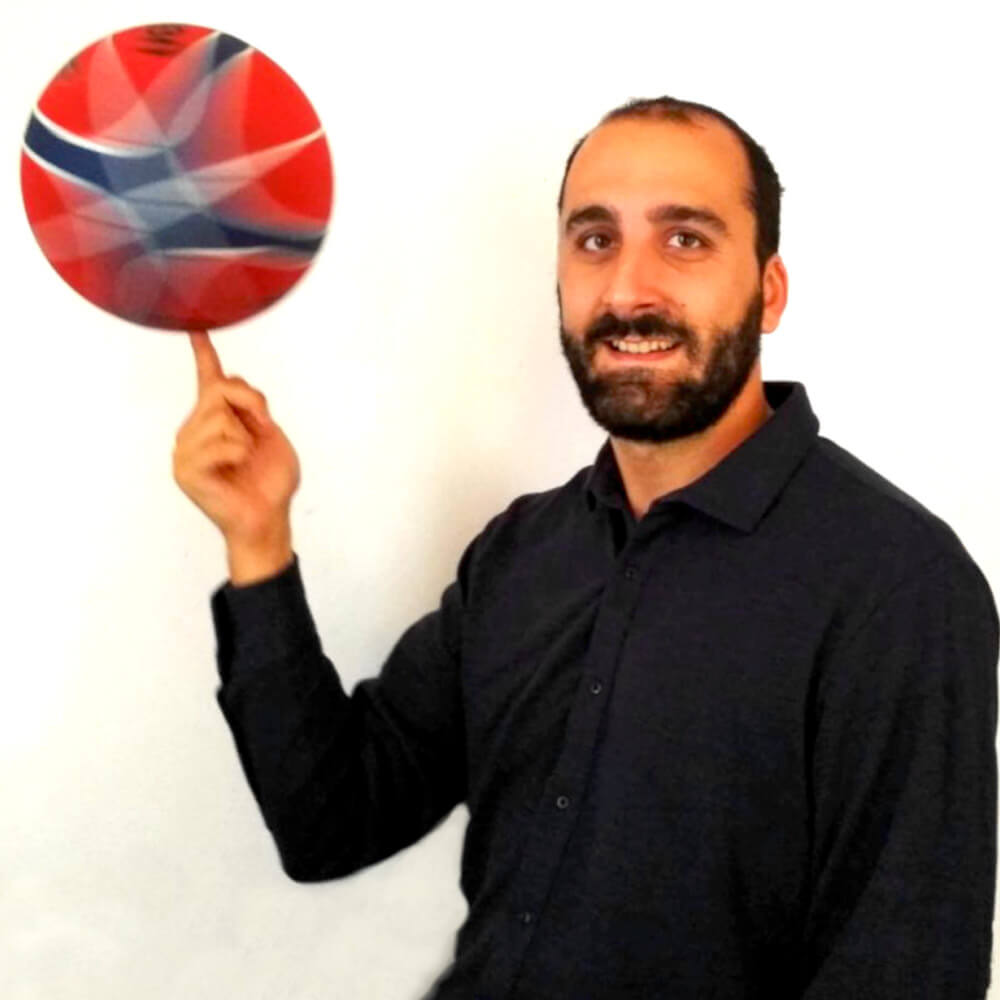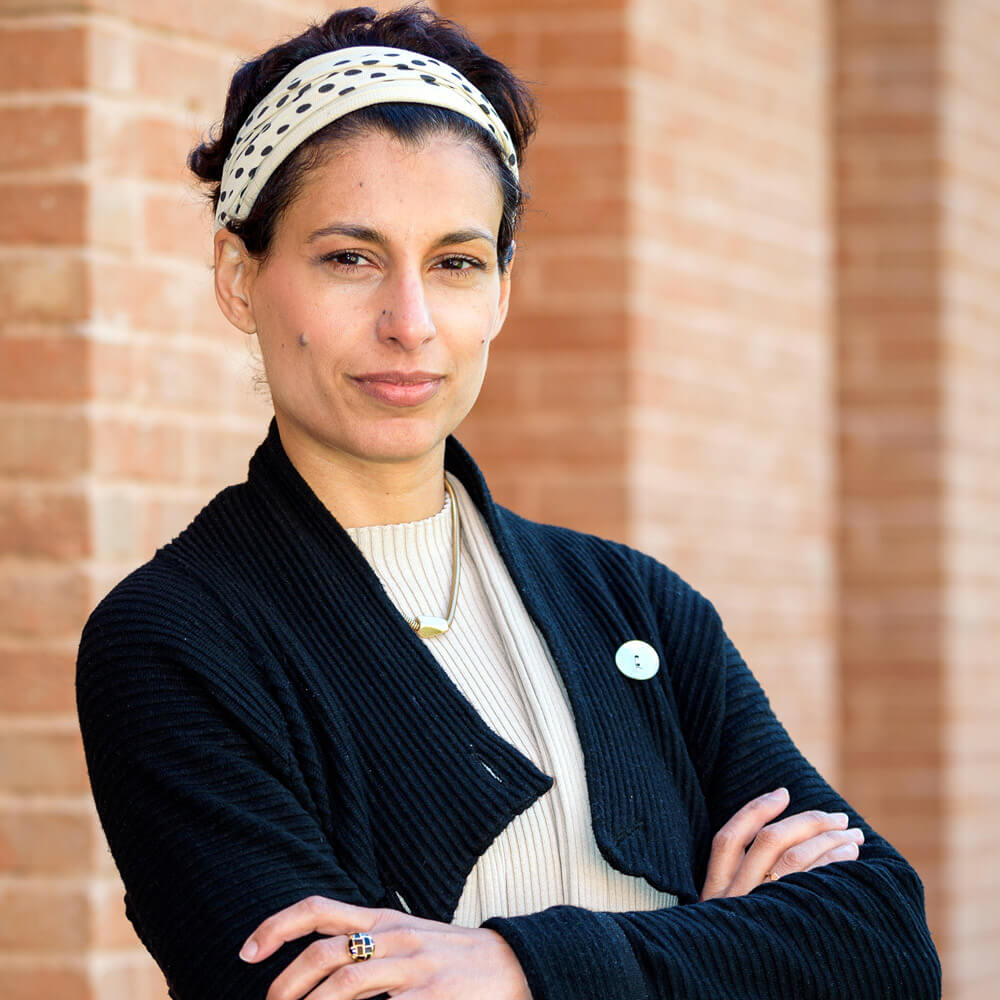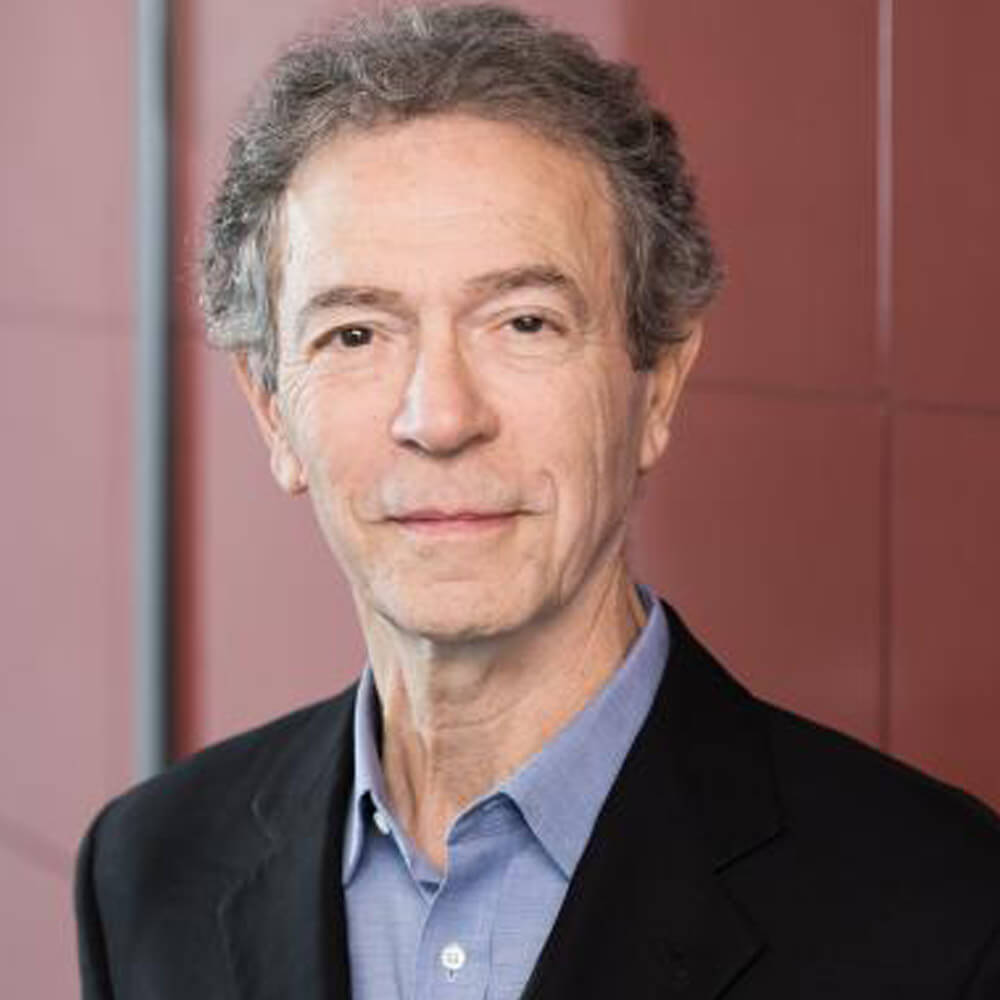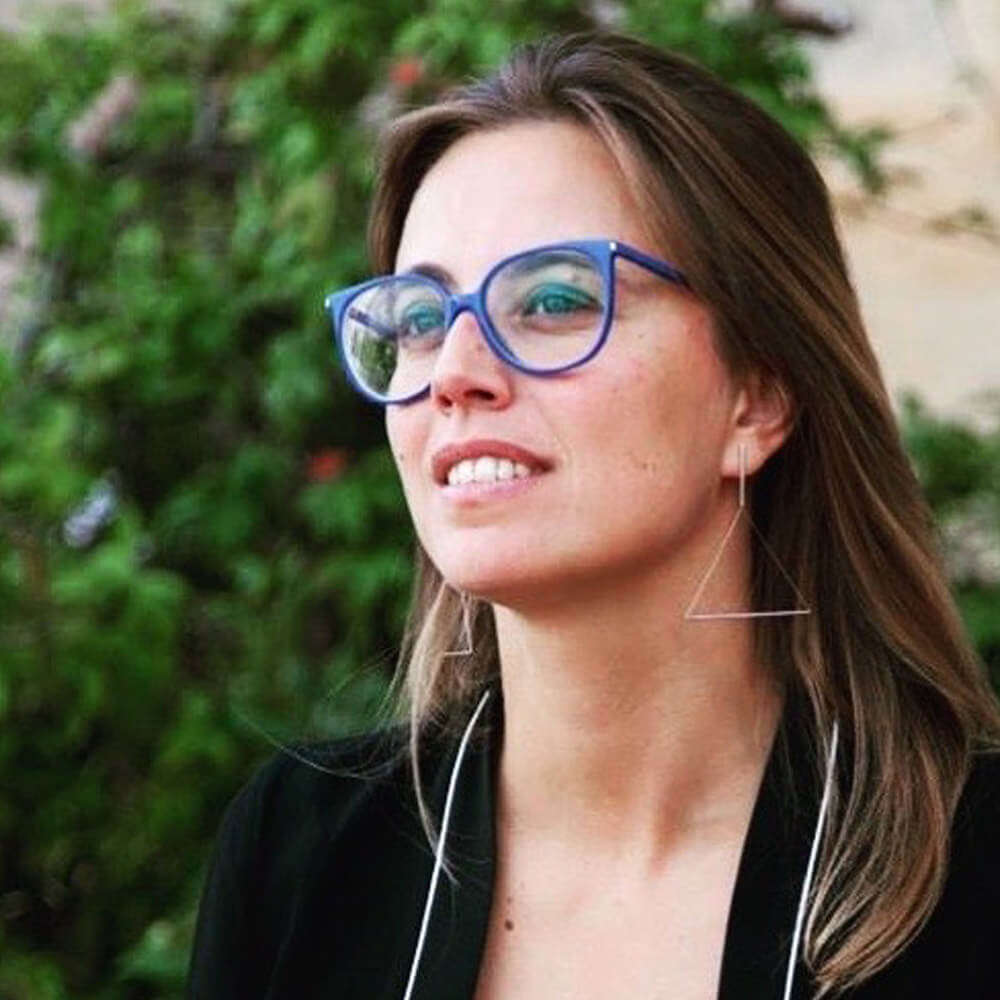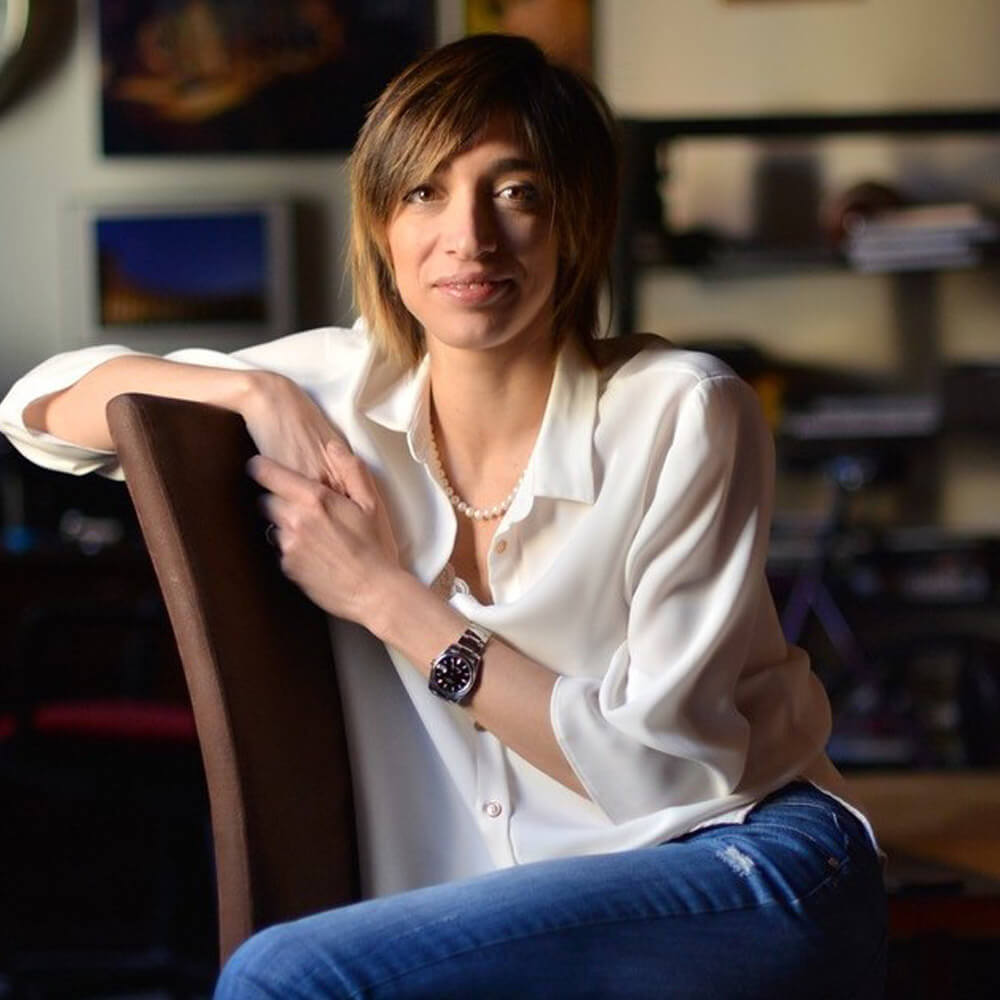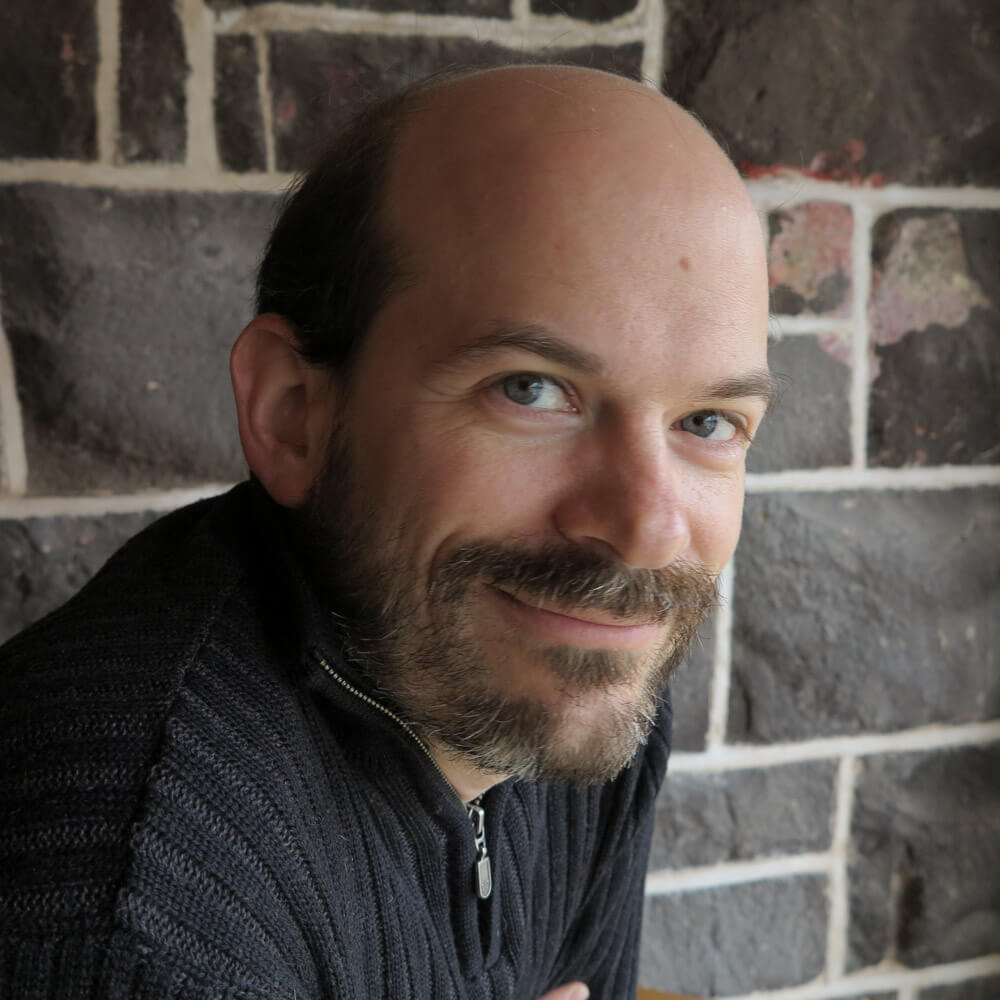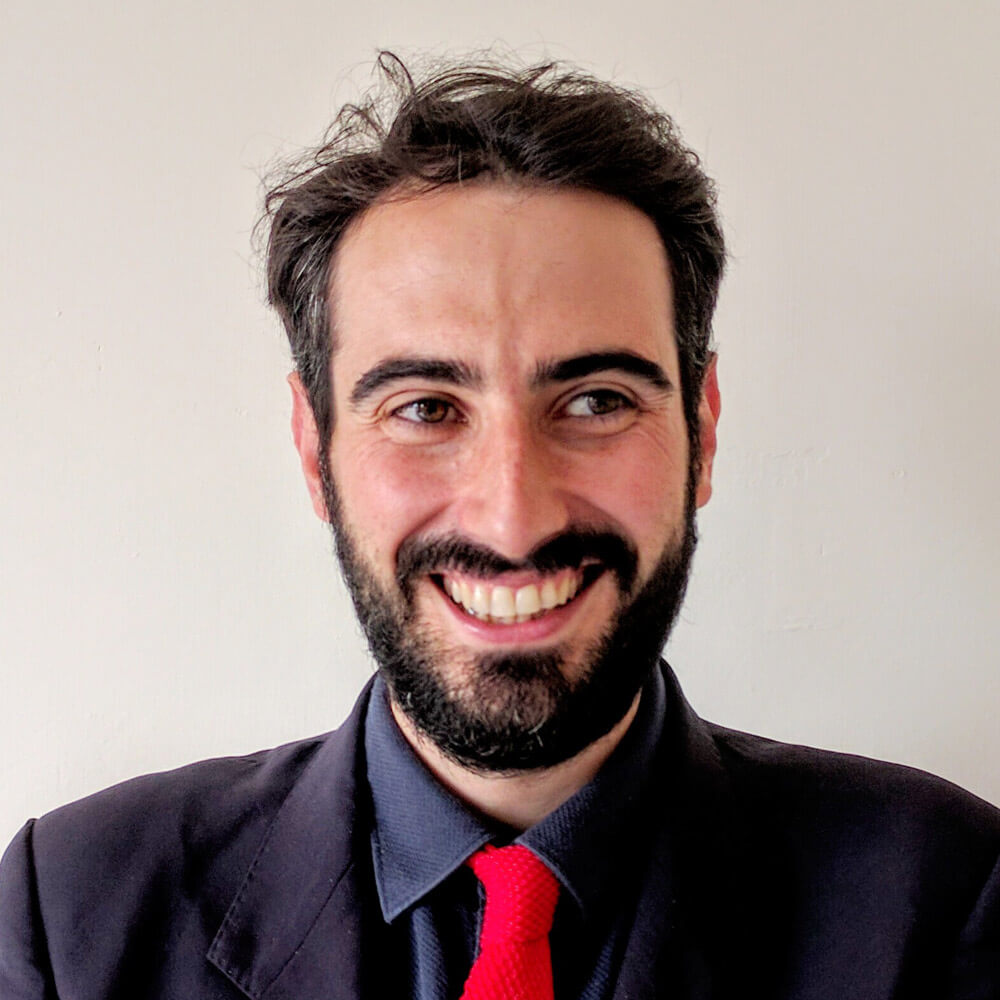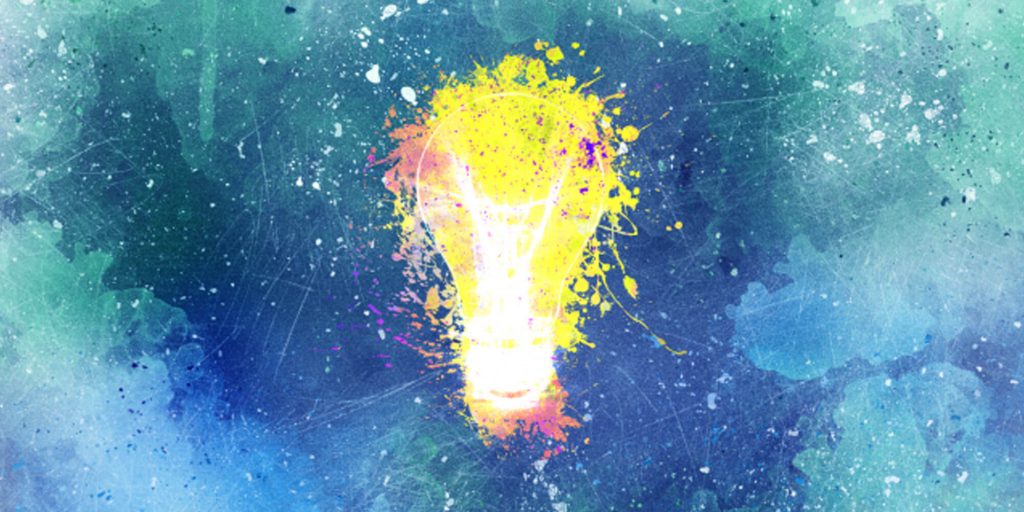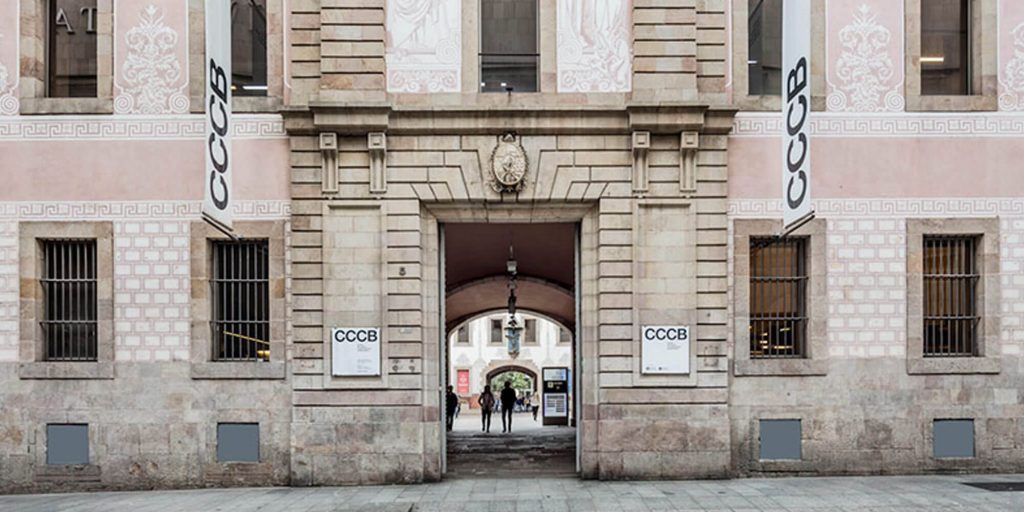Sony CSL Paris & MAXXI
Big Data and the City
How might we picture and redesign future urban mobility in the age of big data?
Mobility is the circulatory system that makes cities alive, productive, and welcoming. The present challenge will explore new ways of experiencing and navigating the city and aim to conceive new scenarios for post-pandemic sustainable cities by exploiting the disruptive potential of big data and ICT technologies for the improvement of citizens’ living conditions.
Keywords
Smart Mobility, Scenarios, Big Data, AI
Residency Artist
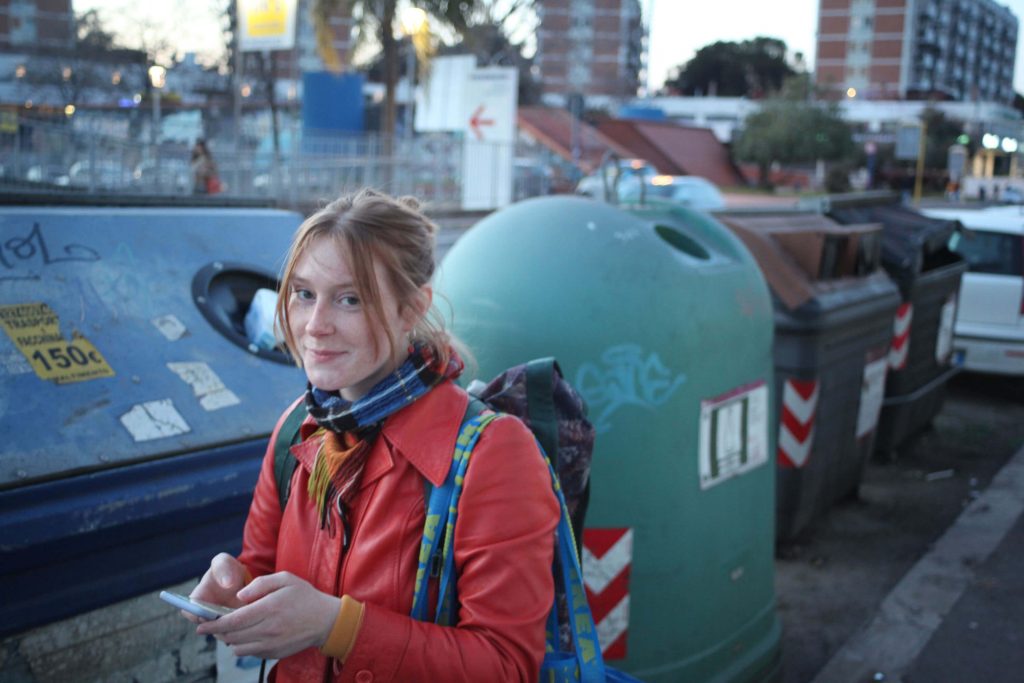
Susi Gutsche is an artist with a background in Art History. She completed her master studies in Social Design – Arts as Urban Innovation at the University of Applied Arts in Vienna.
Besides these qualifications, she participated in archaeological excavations and worked in a clinical research setting, including laboratory work. She works with multiple media, such as video, photographic documentation, performance, casting and mould making, while experimenting with unconventional materials. Collecting images and objects is one of her primary research methodologies.
The focus in her previous projects lies on societal processes in urban contexts: Death, Isolation and (Bio)diversity; «Right to Green» in cities, ground/soil sealing, allotments and participative processes.
Residency Project
TRACEWASTE
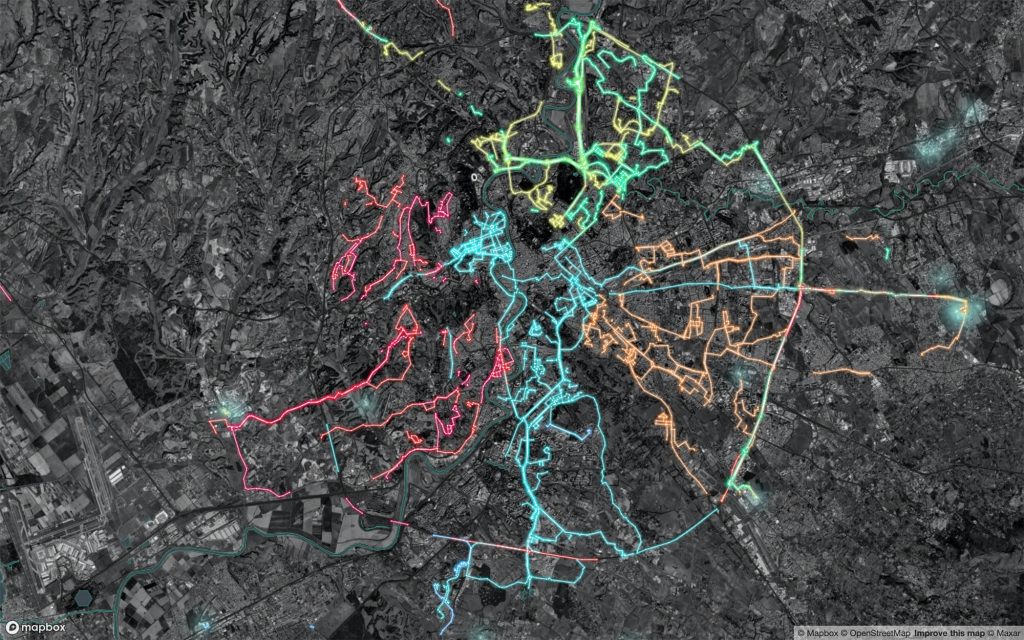
The project “TRACEWASTE” aims to observe and visualize movements of our garbage and explore possible impacts on future urban life within the context of waste. Gaining more knowledge and data in order to understand the usually hidden dynamics can produce a wider discussion and understanding of challenges and problems. How to pave the way to a “resilient waste mobility”?
For images and more information about TRACEWASTE, check out the S+T+ARTS Residency Archive.
Jury Testimonial
Given the importance the topic has, both in our everyday life and in a long term perspective for the planet’s health, the jury has recognized the strong impact this project can have on the public, both in terms of awareness and as a description of waste disposal processes. Moreover, the originality of the project and the technology involved perfectly match STARTS objectives and values.
Improving Urban Sustainability
How might we re-shape the present by sowing the seeds for a more sustainable future?
Explore the impact of new technologies in modern urban environments. Devise possible future scenarios to improve the quality of life and sustainability of cities, making people aware of the complexity of the bio-socio-economic challenges of our era.
Keywords
Sustainability/livability, Disruptive urban innovation, Awareness and engagement, AI, Data-driven modelling
Residency Artists
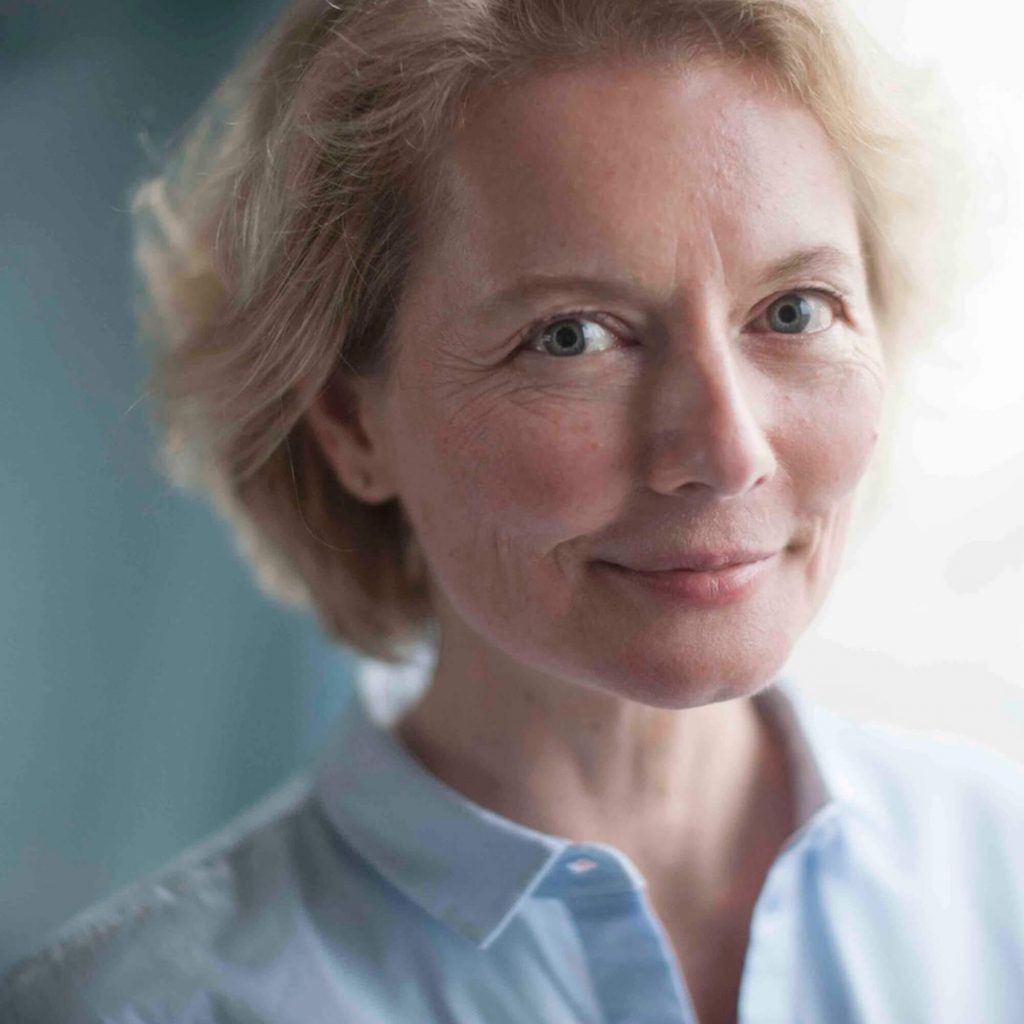
One of the key figures in the international “art & science” field Olga Kisseleva approaches her work as a scientist. She calls upon collaborations with exact sciences, biology and geophysics and she strictly respects the methods of each domain. Kisseleva has had major exhibitions in Modern Art Museum (Paris), Museo Nacional Centro de Arte Reina Sofia (Madrid) Fondation Cartier for contemporary art (Paris), Centre Georges Pompidou (Paris), Guggenheim Museum (Bilbao), NCCA (Moscow). Her works are in the world’s most important collections: Centre Pompidou, Louis Vuitton Foundation, ZKM, NY MoMA. She teaches contemporary art at Sorbonne University, she is the head of the Art&New Media program and Founding director of Art&Science International Institute.
Liu Bauer is a researcher and PhD in Theoretical physics from Humboldt University. She has been working on urban and architectural projects and her recent focus is on citizen science and open city-data. She is currently developing these topics in the City Interaction lab in Montreuil, France.
Residency Project
Cities Live Like Trees
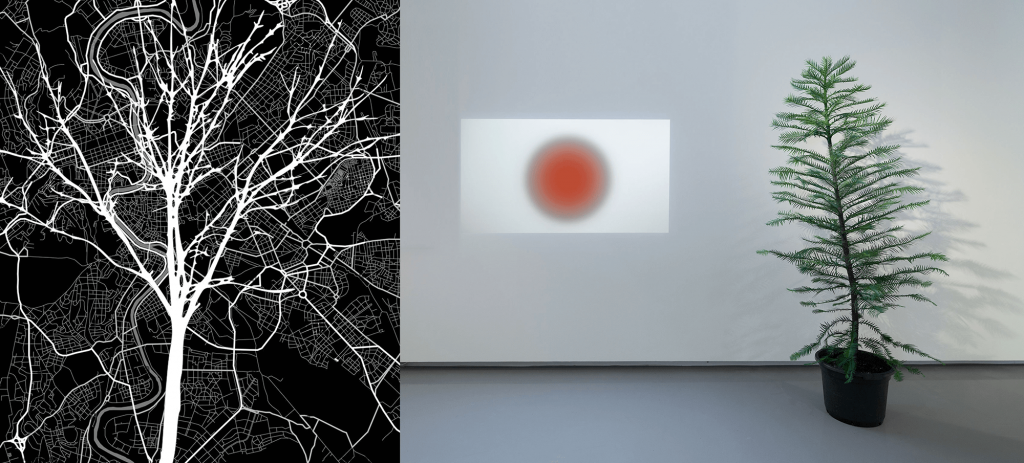
The idea is to map, based on the combination of citizen science and data processing algorithms, human emotions from citizens and link them with tree memories and location, as well to provide new spaces in the cities for citizens to recharge.
We believe that using the power of trees inter-connectedness, we can repair city spaces, which are full of emotions of solastalgia and nature-lack-disorders.
For images and more information about Cities Live Like Trees, check out the S+T+ARTS Residency Archive.
Jury Testimonial
The project met the approval of the entire jury for its aim to improve urban sustainability by making citizens more aware of the importance of trees in the urban space. In addition, exploring the interaction between trees and human beings, the project focuses on one of the most central themes of modern life: citizen satisfaction in terms of the liveability of a city, urban planning, emotional and aesthetic needs.
